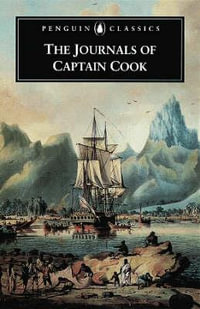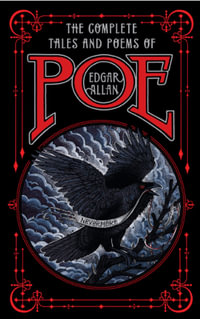Elsa Morante's novels were once considered the greatest of Italy's postwar generation. Here, Ann Goldstein's "deft translation" (Madeline Schwartz, New York Review of Books) of Arturo's Island heralds a "second life" for the beloved author, finally garnering Morante "the new readers she deserves" (Lily Tuck, Wall Street Journal). Imbued with a spectral grace, the novel follows the adolescent Arturo through his days on the isolated Neapolitan island of Procida, where-his mother long deceased, his father often absent, and a dog as his sole companion-he roams the countryside or reads in his family's lonely, dilapidated mansion. This quiet, meandering boyhood existence is existentially upended when his father brings home a beautiful sixteen- year- old bride, Nunziatella. A novel of thwarted desires, written with "the power of malediction" (Dwight Garner, New York Times), Arturo's Island reemerges to take its rightful place in the world literary canon.
Industry Reviews
Ann Goldstein's deft translation is an exception; it gives a clear sense of Morante's love of the romantic, while preserving a lightness of tone that prevents the lyrical prose from calcifying.--Madeline Schwartz, New York Review of Books
This lovely new translation by Goldstein, known for her work on Elena Ferrante and Primo Levi, will hopefully go a long way toward re-establishing Morante's reputation among English-speaking readers. It's a magnificent novel, breathtaking in its psychological acuity. Arturo's maturation--and accompanying disappointments, even betrayals--is deeply painful. ...But there are moments, too, of striking beauty.... The book is brimful with insight. By turns devastating and otherworldly, Morante's novel is a classic, and Goldstein's new translation should return to it the attention it deserves.--Kirkus Reviews [starred review]
In this translation of Morante's arresting, febrile tale of abjection and adoration, originally published in 1957, Goldstein captures the blustery voice of an adolescent boy on Procida.... Morante's style is well-suited to the adolescent narrator who, marooned on an island, experiences particularly intense bouts of enchantment and disillusionment, making for a captivating novel.
























